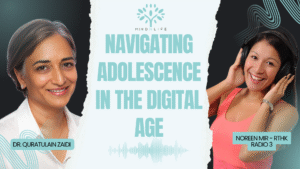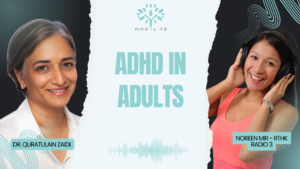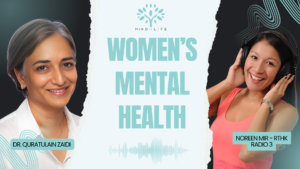It is common for people to stay together for their children. They fear that their child might come from a broken home. These ideas do make sense; divorce can be considered an adverse childhood experience. However, sometimes, getting a divorce is the safer option for your child. Domestic violence, abuse, neglect, and parental conflict can make a child feel unsafe and insecure. Therefore, staying together for the children is not always a good idea.
It can be confusing to think about when a relationship should be over. If your home is free of violence and abuse, reconciling with your partner might be a better option for your children. According to the American Psychological Association, 40-50% of marriages end in divorce, half involving children. Research has shown that divorce can affect a child’s attachment security. Children might also develop an abandonment schema. They might develop the belief that those close to them will abandon them or be unreliable. As adults, they might experience more romantic distrust. In turn, they might experience more attachment avoidance and anxiety. Despite all of this, there are ways for your child to remain safe and secure during divorce. There are also many options to keep the divorce low conflict.
Children develop secure attachments when they know their caregiver or caregivers are emotionally available. This means that the child knows that the parent will be there when they need them. It is in the children’s best interest to have a secure attachment to both parents. If your child is secure with your ex, that does not mean they can’t be secure with you. If your ex has not been as hands-on as you, your child would still benefit from a relationship with them. Children will also benefit from having other secure connections within the community. A safe social network of friends, teachers, coaches, and other family members can be protective. The more secure relationships your child has, the more likely they are to be resilient.
Here are some pointers to keep your child secure if divorce is inevitable.
Do not speak unkind words about the other parent
Your children will be the healthiest if they can have a secure relationship with both parents. When you say unkind comments about the other parent, the child feels they must choose. Their self-identity and self-worth will also suffer. They will start to think you don’t like them because they are half the other parent. Your intense emotions might also make your child believe they must protect you.
Do not block access
Your child has a developmental need to have a relationship with both parents. When you deny them this, you rob them of understanding the other half of who they are. You might be angry with your ex, but don’t punish your child. Access includes video, phone calls, and time spent together.
Create predictability
Have a visual representation or calendar that your child can see. The calendar can show when they will be with the other parent. They can also see different places and events they might need to visit. This will help a child feel safe because they can predict what will happen. Unpredictability can make your child feel like they don’t matter or don’t count. They can better prepare psychologically when they are informed beforehand of decisions regarding their time. It is essential for your child to feel like they have some choice and sense of control.
Remember, you are the parent.
It is normal to feel lonely and sad after a divorce. You can speak as a family about child-friendly emotions. However, do not rely on your children for emotional support. They need to know they can depend on you to have a secure attachment. Part of this is to have consistent rules and boundaries. Inconsistent punishment will lead to an insecure attachment and create trauma. Inconsistent punishment means the child might not know what they are being punished for. When rules and consequences are predictable, your child will be more likely to follow the rules and feel safe. Physical punishment, neglect, or locking a child up is never acceptable.
Create a Safe Haven
Creating a haven means that your child’s emotions will be validated. They will learn that they can come to you in times of need. Take time to calm down and decompress to create a peaceful environment for them. Children are often tuned into their parents’ emotions and stress.
Seek Help if You are Overwhelmed, Confused, or Stressed.
Often, individuals going through a divorce are hesitant to seek help from a mental health professional. They might be concerned that the other parent will use their treatment against them. Therapy is private and confidential. Everyone gets stressed and needs help from time to time. It is also normal to have feelings of anxiety and depression during a divorce. A psychologist can also help you communicate appropriately through any conflict with your ex-partner or partner.
To book an appointment with Monica, please click here.







